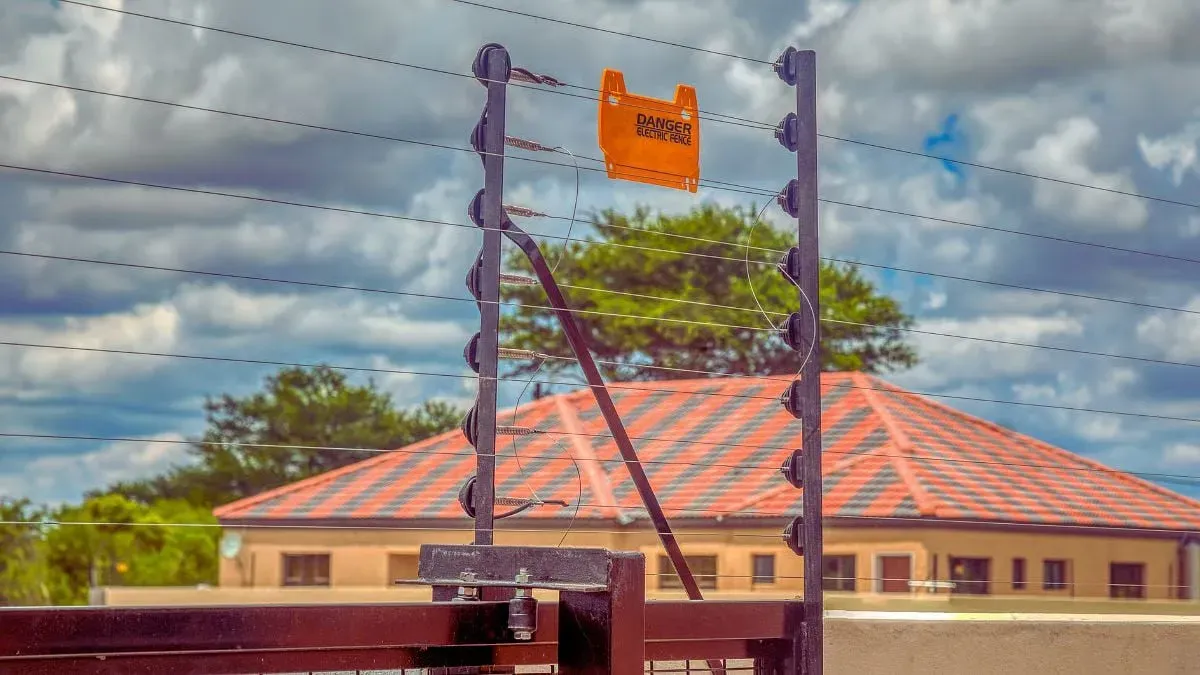How your home’s load-shedding backup can impact your insurance
South Africans with backup power systems at home must ensure that their insurance is aware of their installation and that it has been safely and correctly set up and configured.
King Price Insurance spokesperson Wynand van Vuuren recently told CapeTalk’s Refilwe Moloto that those who failed to do so might not be covered in the event of a fire, flood, or power surge.
Many households now have some form of alternative energy source that can supplement their consumption or provide backup power during load-shedding.
A popular option is photovoltaic solar power, which uses panels on a house’s roof to capture energy from the sun.
This requires an inverter that can convert energy from the panels into useable electricity for your house.
There might also be a battery in the configuration to store excess energy for dispatching when the sun isn’t shining.
This combination of equipment — panels, inverter, and battery — can cost tens or hundreds of thousands of rand, depending on your household’s electricity requirements.
Van Vuuren said that communication on your backup power system with the insurer should be a first priority.
The primary purpose of this is to ensure that the insurer is aware of the system and that it is included in your building cover.
In addition to keeping your insurer in the loop, the solution and its installation must be reliable and safe.
“You must make sure that what you buy and how it is installed is also correct,” Van Vuuren said.
“First, go and make sure that it is SABS-approved, and that there is some or another quality assurance or warranty on the item,” Van Vuuren advised.
He said that consumers must do their homework on this by going online and checking the specifications and reviews of the products.
Finding the right installer
Once a homeowner has found their preferred solution, it is crucial that a qualified electrician install it.
“You can’t just go and read the manual and put that alternative power on your house yourself,” Van Vuuren stated.
“The short-term insurance policies in our country require that the construction must be perfectly done, workmanship must be professional, and it must be certified.”
“Then you know that you have got nothing to worry about.”
Once the installation is done, it is important to call the insurer and inform them of its cost, so your premium can be adjusted accordingly.
Van Vuuren added that any other alternative power sources — such as fuel-based generators or gas-powered systems — should also be installed by professionals.



